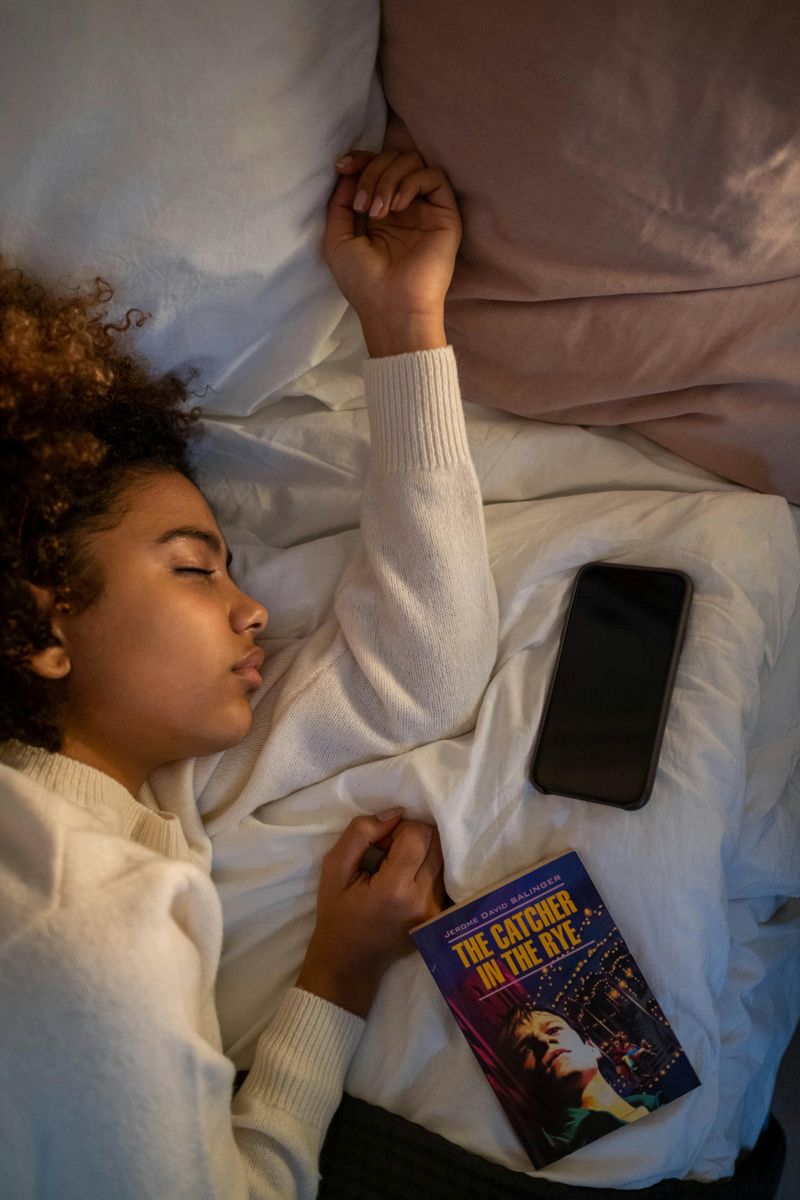Scrolling through social media might feel fun in the moment, but it rarely leaves you feeling better afterward. Books, on the other hand, offer something your phone never can: real growth, calm, and a break from the noise. Whether you read for ten minutes or an hour, making it a daily habit can change how you think, feel, and even sleep.
1. Strengthens Your Focus and Concentration

Books demand your attention in ways that apps never will. Unlike scrolling, which trains your brain to jump from one thing to another, reading asks you to stick with one story or idea. This builds mental stamina over time.
Every page you finish is like a mini workout for your focus muscles. You learn to ignore distractions and stay present. That skill helps in school, hobbies, and even conversations.
Starting with just fifteen minutes a day can make a noticeable difference. Your ability to concentrate will improve, and tasks that once felt hard become easier to tackle.
2. Reduces Stress Better Than Screens

Reading slows your heart rate and eases tension in your muscles. Studies show that just six minutes with a book can lower stress levels by more than half. Your phone, meanwhile, often does the opposite by bombarding you with notifications and bad news.
When you read, your mind escapes into another world. Problems that felt huge start to shrink. You get a mental vacation without leaving your room.
Fiction works especially well for stress relief. Getting lost in a character’s journey gives your own worries a break, which is exactly what your brain needs after a long day.
3. Expands Your Vocabulary Naturally

When you read, you encounter words you wouldn’t hear otherwise. Context helps you remember them effortlessly, far better than memorizing lists.
A richer vocabulary helps you express yourself better in writing and speaking. Teachers notice, friends listen more closely, and you feel more confident sharing your thoughts. Words become tools you actually know how to use.
Even comic books and graphic novels count. Any reading material that challenges you slightly will teach you something new. The key is consistency, not perfection.
4. Improves Your Memory and Thinking Skills

Following a plot means remembering characters, settings, and details from chapters ago. Your brain works hard to keep everything connected. This regular mental exercise strengthens your memory in ways that benefit everything you do.
Non-fiction books make you think critically about ideas and arguments. You start questioning what you read, forming your own opinions, and connecting dots between different concepts. That’s real learning.
Research shows that people who read regularly have better cognitive function as they age. Starting young gives your brain decades of this protective benefit.
5. Helps You Sleep Better at Night

Blue light from screens tricks your brain into thinking it’s still daytime. That messes with melatonin production and makes falling asleep harder. Books have no such effect, making them perfect bedtime companions.
Creating a reading routine before bed signals to your body that it’s time to wind down. Your mind shifts from the day’s chaos to a calmer state. Sleep comes more naturally when you’re relaxed.
Even twenty minutes with a book can transform your nights. You’ll fall asleep faster, sleep more deeply, and wake up feeling actually rested instead of groggy.
6. Builds Empathy and Understanding

By following characters through diverse worlds and challenges, stories help you understand others and become less quick to judge in reality.
Research confirms that fiction readers score higher on empathy tests. When you care about what happens to characters, you’re practicing caring about real people too. It’s emotional exercise disguised as entertainment.
This matters more than ever in our divided world. Books build bridges between different experiences and remind us of our shared humanity, one story at a time.
7. Provides Screen-Free Entertainment

Not everything fun has to involve charging cables or WiFi passwords. Books work anywhere: waiting rooms, parks, road trips, or lazy Sunday afternoons. No buffering, no dead batteries, no distractions pulling you away.
Taking breaks from screens gives your eyes and brain a rest. You’ll notice fewer headaches and less eye strain. Plus, you won’t feel that weird guilt that comes after hours of mindless scrolling.
Physical books especially offer a satisfying tactile experience. Turning pages, smelling paper, and seeing your progress through a story creates connections that digital content can’t match.
8. Creates Quiet Time for Yourself

Life gets loud, and everyone needs moments of peace. Reading gives you permission to disconnect from demands and just be. Nobody can interrupt you when you’re genuinely absorbed in a good book.
This quiet time isn’t selfish; it’s necessary. Your mental health depends on having space to recharge. Books create that space naturally, without requiring meditation apps or special equipment.
Daily reading becomes your personal retreat. Whether it’s morning coffee with a novel or evening chapters before sleep, these moments add up to a calmer, more balanced you throughout the week.

Comments
Loading…